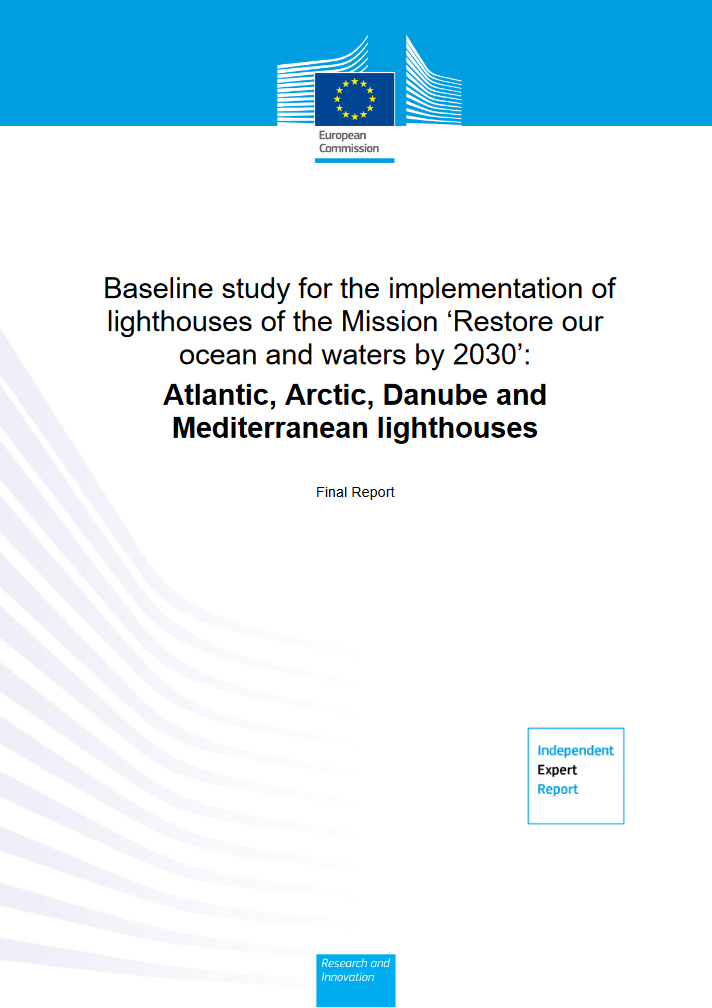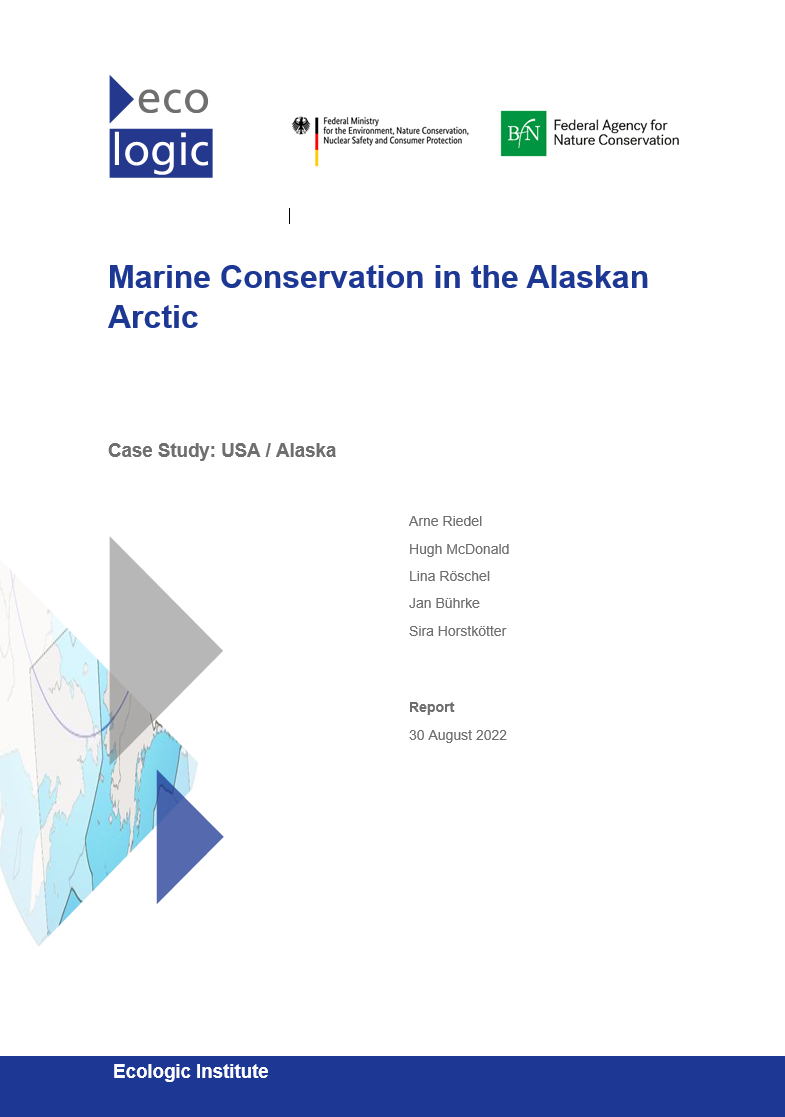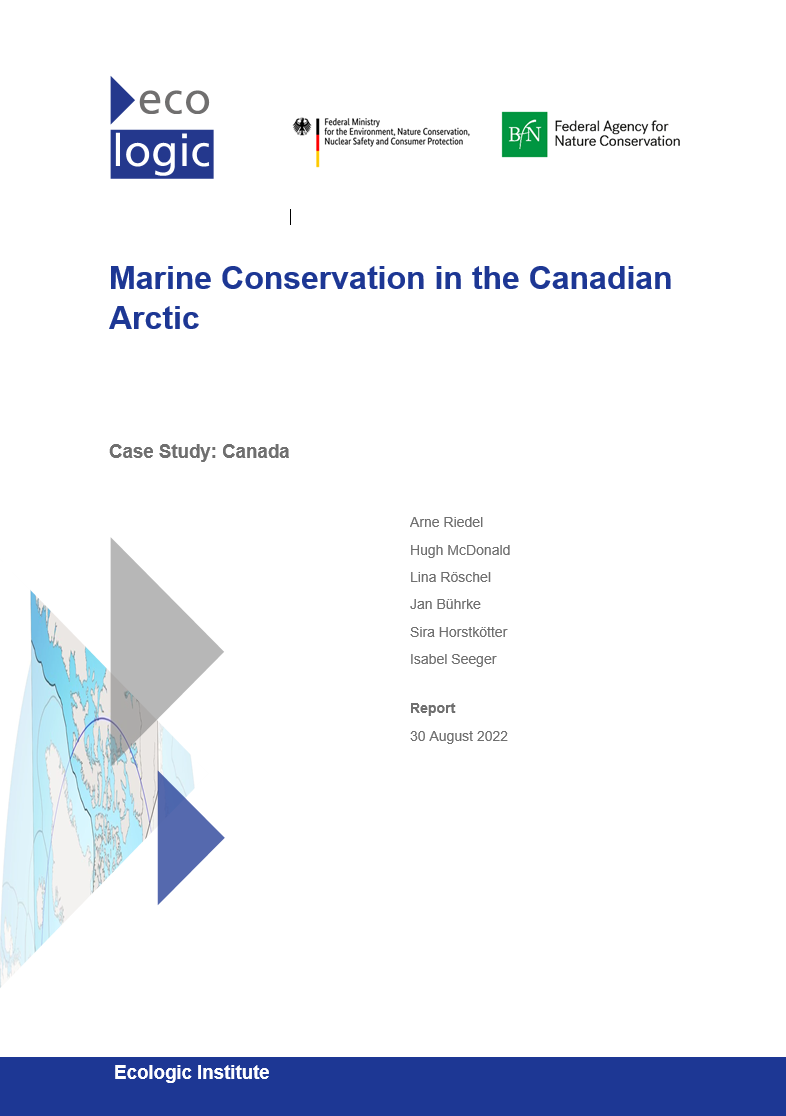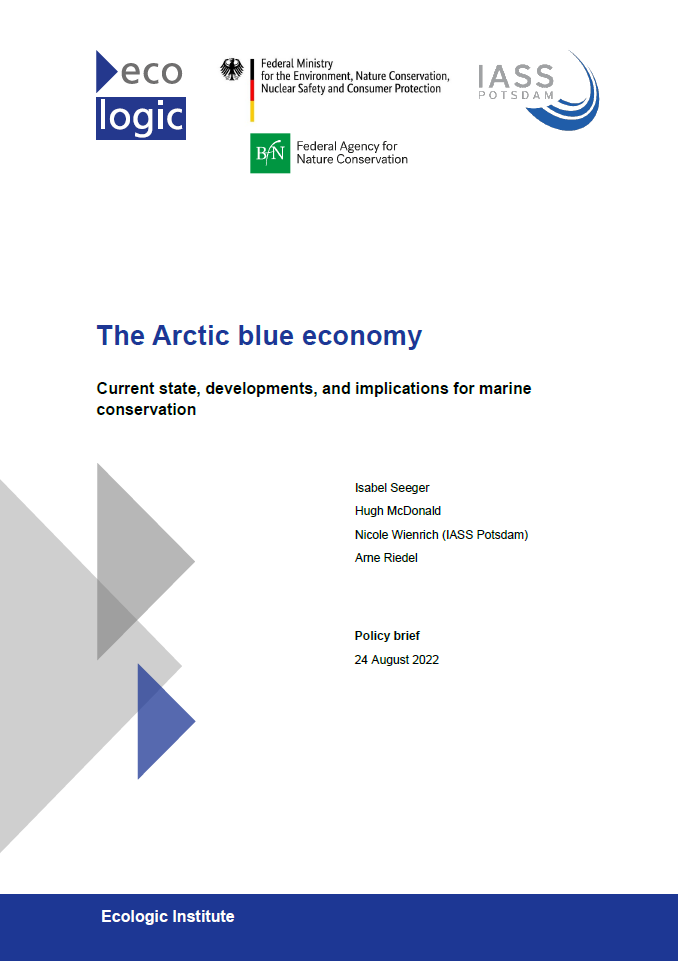Bild von Arvid Olson auf Pixabay
The marine Arctic is facing rapidly changing environmental conditions that are likely to require improved and adaptive management tools to protect its specialized ecosystems. Together with the Kiel Institute for the World Economy (IfW Kiel) and the Research Institute for Sustainability, Helmholtz Center Potsdam (RIFS), Ecologic institute conducts research for the German Federal Agency for Nature Conservation, supported by the Federal Ministry for Environment (BMUV), on potential new dynamics of Arctic marine protection and adaptive management from different angles.
The subproject DynARC – law/indicators – is led by Ecologic Institute and has two objectives: analyzing and outlining the potential implications of a new international agreement for dynamic protection and adaptive management in the Arctic Ocean, and the development of indicators to evaluate the success of (local) implementation.
In the first work package, Ecologic Institute will review the development of the Agreement under the UN Law of the Sea Convention on the conservation and sustainable use of marine biological diversity of areas beyond national jurisdiction (BBNJ agreement), its potential links to the marine Arctic, and its key provisions on area-based management tools, environmental impact assessments as well as capacity building, and highlight legal challenges for adaptive management and possibilities to overcome them.
In the second work package, Ecologic Institute aims to develop a 'Dynamic Management Evaluation System' to provide a comprehensive framework for the evaluation of 'dynamic protected areas' proposals, which ensures that local dynamic management concepts are not only legally implementable, but also effective and adaptable to the pressing challenges facing the respective Arctic marine biodiversity, based on needs of local rightsholders from Indigenous communities, and other stakeholders. This should enable more effective solutions, ensuring the long-term conservation of Arctic marine biodiversity.








